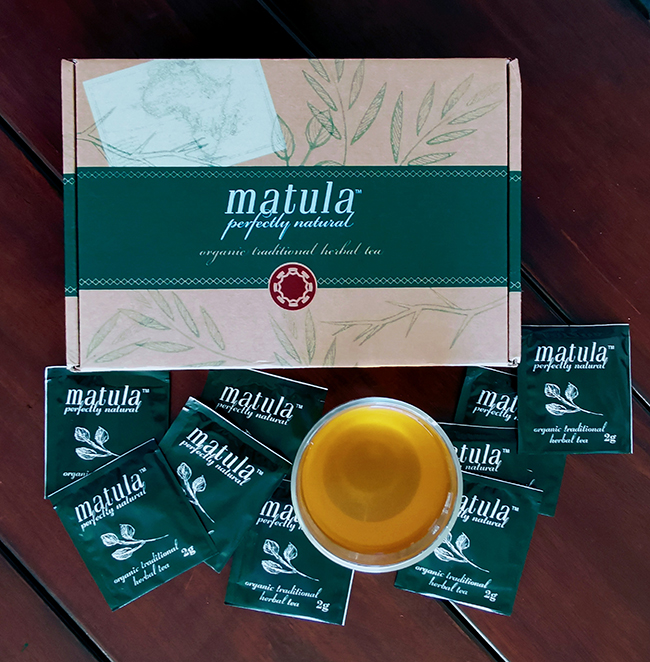Taking Control of Stomach and Gastric Ulcers
Dealing with stomach issues like gastritis and gastric ulcers can be frustrating and overwhelming, but you don’t have to navigate it alone. These conditions affect the stomach lining and can cause discomfort, pain, and even more serious health problems if left untreated. Whether your symptoms stem from an H. pylori infection, long-term NSAID use, or lifestyle factors, understanding your treatment options is essential.
While conventional treatments like antibiotics and proton pump inhibitors (PPIs) are widely used, more people are exploring natural remedies for long-term healing. This guide will walk you through various ways to support your stomach health, including the potential benefits of Matula tea, a natural solution known for its soothing and antibacterial properties.
Understanding Gastritis and Gastric Ulcers
What Causes These Conditions?
Gastritis and gastric ulcers occur when the stomach lining gets damaged, often due to an H. pylori infection. This bacteria weakens the stomach’s protective barrier, making it more vulnerable to acid damage. Another common cause is long-term use of NSAIDs like ibuprofen and aspirin, which can irritate and wear down the stomach lining.
Gastritis, which is inflammation of the stomach lining, can be triggered by excessive alcohol consumption, prolonged NSAID use, stress, or autoimmune conditions. Eating spicy or acidic foods, smoking, and high caffeine intake can make symptoms worse. By understanding these risk factors, you can make smarter choices to protect your stomach and prevent further irritation.

Recognizing Symptoms Early
Catching symptoms of gastritis and gastric ulcers early can help prevent complications. Gastric ulcers often cause a burning pain in the stomach, bloating, nausea, and, in severe cases, internal bleeding. The pain is usually worse on an empty stomach or at night. Gastritis symptoms include indigestion, stomach discomfort, nausea, and a feeling of fullness after eating. Some people experience mild or no symptoms at all, making regular check-ups essential if you’re at risk.
Early intervention with dietary changes and natural remedies, such as Matula tea, can help manage symptoms and promote healing. If discomfort persists, seek medical advice to determine the best course of action.
Possible Complications
If left untreated, gastritis and gastric ulcers can lead to serious issues like internal bleeding, stomach wall perforation, or gastric obstruction, which blocks food from passing through. Symptoms of internal bleeding include black, tarry stools or vomiting blood—both requiring immediate medical attention.
Chronic gastritis can increase the risk of stomach cancer or lead to pernicious anemia, a condition where vitamin B12 absorption is impaired due to stomach lining damage. Managing symptoms early through lifestyle changes, dietary adjustments, and natural treatments like Matula tea may help prevent these complications.
Treatment Options: Traditional and Natural Approaches
H. Pylori Treatment to clear gastritis and gastric ulcers
The standard treatment for H. pylori includes a combination of antibiotics and acid-reducing medications, known as triple therapy. Antibiotics work to kill the bacteria, while PPIs or H2 blockers reduce stomach acid, creating a better environment for healing. However, antibiotic resistance is becoming a growing concern, prompting many to explore natural alternatives.
Matula tea is one such option, believed to have antibacterial properties that may help fight H. pylori while also soothing the stomach lining. If you’re considering combining natural remedies with conventional treatments, consult a healthcare provider to ensure a safe and effective approach. Regular follow-ups are important to confirm that H. pylori has been eliminated and prevent recurrence.
The Benefits of Matula Tea
Matula tea has gained popularity as a natural digestive health remedy, especially for treating ulcers and gastritis. It’s known for its potential antibacterial effects against H. pylori and its ability to reduce inflammation and stomach discomfort. Unlike some pharmaceutical treatments, Matula tea is gentle on the body, making it an appealing choice for those looking to avoid side effects from medications.
Many users report significant improvements in digestive health after adding Matula tea to their routine. While natural treatments can be helpful, it’s always best to discuss any new supplement with your doctor, especially if you’re taking other medications.
Lifestyle Changes to Support Stomach Health
Adjusting your daily habits can play a huge role in managing gastric ulcers and gastritis. Here are a few key changes to consider:
- Eat a stomach-friendly diet – Focus on whole foods like fruits, vegetables, and whole grains. Avoid spicy, fried, and highly acidic foods that may irritate your stomach.
- Reduce alcohol and quit smoking – Both can worsen symptoms and slow down healing. Cutting back can make a noticeable difference.
- Manage stress – Chronic stress increases stomach acid production. Try relaxation techniques like meditation, deep breathing, yoga, or regular exercise.
- Limit NSAID use – If possible, switch to alternative pain management methods under your doctor’s guidance.
- Incorporate natural remedies – Matula tea, probiotics, and anti-inflammatory foods can support digestion and promote healing.
By making these changes, you can help your stomach recover and prevent future issues.
Taking a Proactive Approach to Digestive Wellness
Exploring Natural Remedies
Many people turn to natural solutions to support digestive health. Along with Matula tea, other beneficial options include:
- Flavonoid-rich foods – Apples, cranberries, and green tea help strengthen the stomach’s protective barrier.
- Probiotics – Found in yogurt and fermented foods, probiotics support gut balance and digestion.
- Aloe vera juice – Known for its soothing properties, it may help protect the stomach lining.
Pairing these remedies with a healthy lifestyle can contribute to long-term relief from gastric ulcers and gastritis.
Creating a Long-Term Digestive Health Plan
A well-rounded approach to stomach health includes regular check-ups, dietary improvements, stress management, and the right mix of traditional and natural treatments. Work with a healthcare professional to create a plan that meets your specific needs, and stay informed about symptoms to watch for.
By taking control of your digestive health, making mindful choices, and considering natural options like Matula tea, you can pave the way for long-term stomach wellness and a better quality of life.
OR…
OR…




References
- Peptic Ulcers (Stomach or Duodenal Ulcers)
https://www.niddk.nih.gov/health-information/digestive-diseases/peptic-ulcers-stomach-ulcers - Peptic Ulcer Symptoms
https://www.mayoclinic.org/diseases-conditions/peptic-ulcer/symptoms-causes/syc-20354223 - What to Know About Stomach Ulcers
https://www.healthline.com/health/stomach-ulcer - All about Peptic Ulcers
https://www.medicalnewstoday.com/articles/9273#causes
